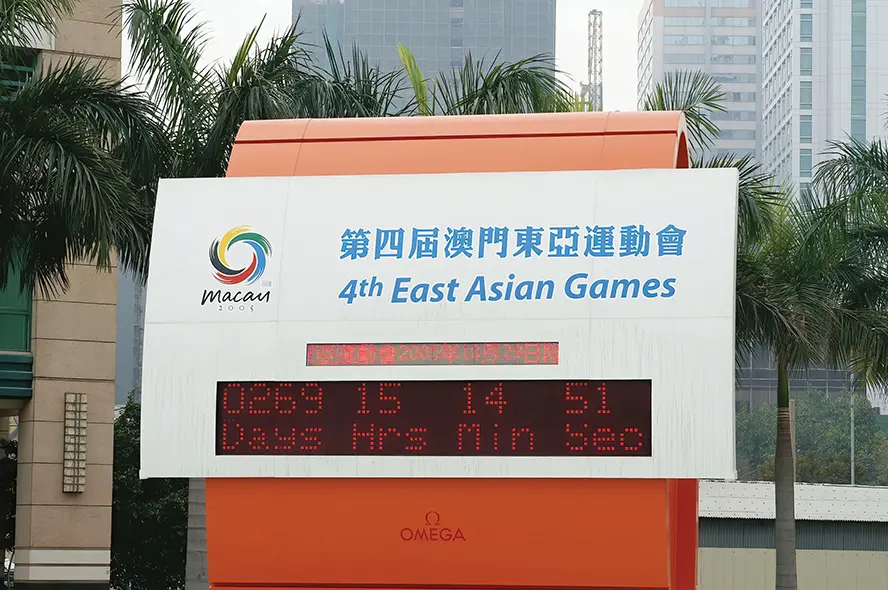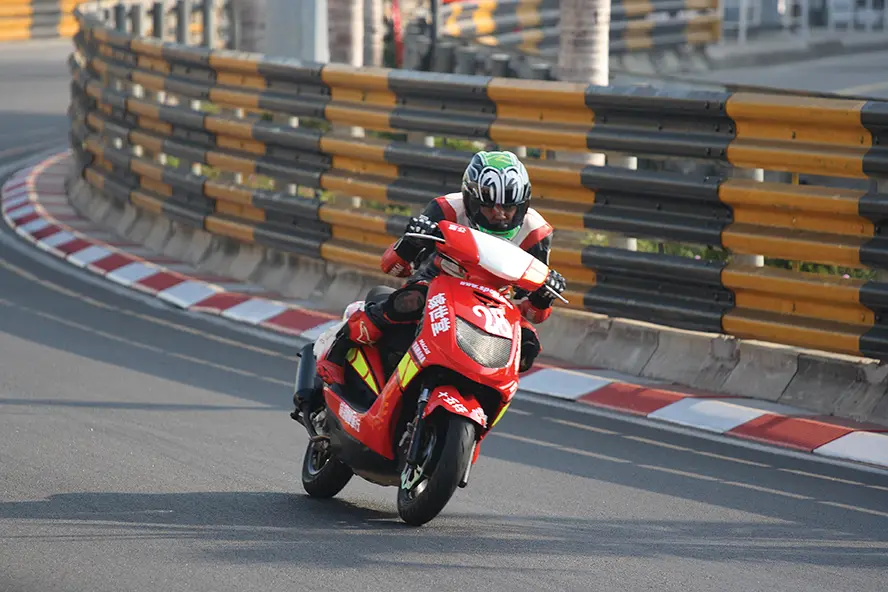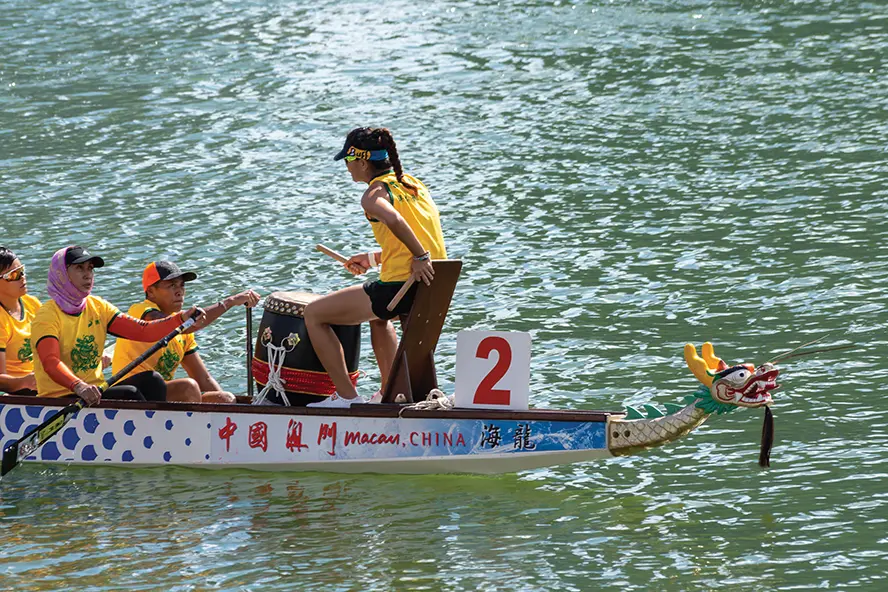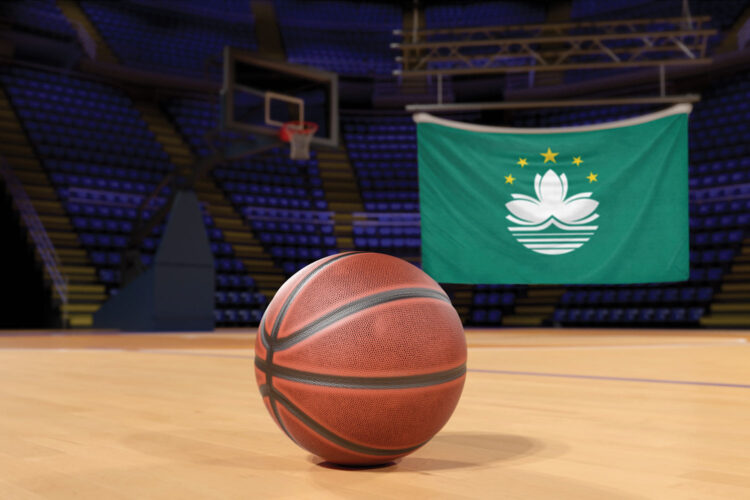The Macau government listed sports tourism as a key area concessionaires must focus on during last year’s concession tendering process, seen as a means of diversifying the economy away from pure gaming. But with the SAR’s shortage of land and an absence of professional sports, how should Macau develop its sports tourism industry?
“Sports tourism” is not the same as local sports development. Although there is a gradual push to improve the development of local sports in Macau, the government’s push to enhance sports tourism itself envisions the construction and expansion of facilities within Macau’s integrated resorts so they can attract and host major global sporting events. This in turn provides for more tourism attractions, therefore satisfying the government’s desire for greater economic diversification.
 “Macau is actually very experienced in sports tourism,” explains journalist and former table tennis player Ian Johnson.
“Macau is actually very experienced in sports tourism,” explains journalist and former table tennis player Ian Johnson.
“Macau hosted the East Asian Games in 2005, Manchester United of the English Premier League visited for a friendly game in 2007, and in 2016 the World MMA Championship was also held in Macau.”
Following liberalization of the gaming industry, the Macau government and concessionaires took the lead to develop “sports tourism” as a means of attracting more visitors to Macau.
“The six gaming concessionaires in Macau have significant financial resources and international connections, and they have supported a lot of major tournaments held in Macau,” Johnson continues.
“Some sports stars with huge followings have brought visitors to Macau and put the city’s name on the international map.”
In reality, however, the status of sporting events held in Macau has not been reaching the same heights as many other neighboring jurisdictions for some time now – and certainly not since the COVID-19 pandemic. With the exception of the annual Macau Grand Prix, which continues to attract the eyes of the world, it is apparent that a renewed focus is needed on the opportunity sport provides to bolster the city’s tourism appeal.

Lecturer at the Centre for Gaming and Tourism Studies of Macao Polytechnic University Ryan Hong-Wai Ho believes that commercial sports competitions can be an important resource for the revitalization of Macau’s tourism industry.
“Macau has often organized a variety of sports events, but our future strategy should be to upgrade the level of existing events,” Ho said.
Macau, he added, should strive to organize high-level commercial sports competitions regularly, rather than hold one-off or uncompetitive sporting events.
“Apart from being sponsors, gaming companies can also work with international or local sports associations to host various commercial sports events. Gaming companies can use their facilities as competition venues which will also enhance the possibilities for tourists to visit other recreational facilities in their resorts.”
Although the Macau government listed sports tourism as a key focus area for Macau’s concessionaires under last year’s re-tendering process for new 10-year concessions, Johnson says the government must do its part too by formulating a clear direction for sports tourism development.
“Not all sports events are suitable for Macau, and [it should be considered whether or not to hold] those that are not so popular and do not generate economic benefits,” he says.

“The aim of developing sports tourism is to drive economic development, and this should be left to the market to decide. The government’s role is to coordinate, but not dictate, the whole direction of sports tourism development.
“Some sporting events should be undertaken by private sector operators, who will have a better idea of whether those sporting events will have a positive impact.”
Ho holds a similar view.
“With the existing venues and exhibition facilities, the government and gaming companies can firstly focus on developing mainstream sports in Asia, such as table tennis, badminton, basketball and marathons,” he said. “These kinds of sporting events have a huge following in East and Southeast Asia.”




























